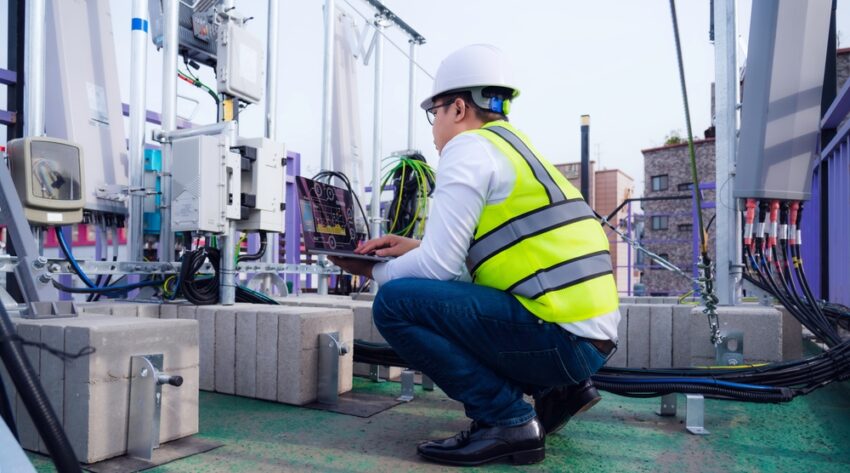
"Communities transform when environmental responsibility shapes their infrastructure strategies. Roads, bridges, and urban systems define daily life, and each decision about materials affects long-term ecological stability. Engineers, contractors, and planners seek methods that preserve natural resources while maintaining structural strength. Governments and local builders benefit when infrastructure projects adopt circular practices. Recycling asphalt saves money by reducing the need for new production and transport. Reclaimed materials also perform comparably to newly manufactured options, offering durability and strength without compromising safety."
"Sustainability extends beyond environmental action and enters the realm of personal care and compassion. Individuals seek ways to live responsibly and prepare for life's eventual transitions with awareness. A burial insurance option allows people to plan financially for final expenses while reducing stress on loved ones. Responsible planning provides peace of mind by preventing last-minute financial strain and emotional pressure. Making informed financial choices contributes to long-term stability for individuals and communities alike."
Communities can reduce environmental impact by integrating circular practices into infrastructure, using reclaimed materials like recycled asphalt to lower production and transport costs while maintaining durability and safety. Prioritizing recycled resources links progress with preservation and makes sustainable choices visible in everyday landscapes. Sustainability also includes personal and social responsibility through financial preparedness. Burial insurance options allow individuals to plan for final expenses, reduce stress on loved ones, and create predictability for uncertain situations. Thoughtful financial planning preserves dignity, eases emotional burdens, and supports long-term stability for families and communities.
Read at Business Matters
Unable to calculate read time
Collection
[
|
...
]